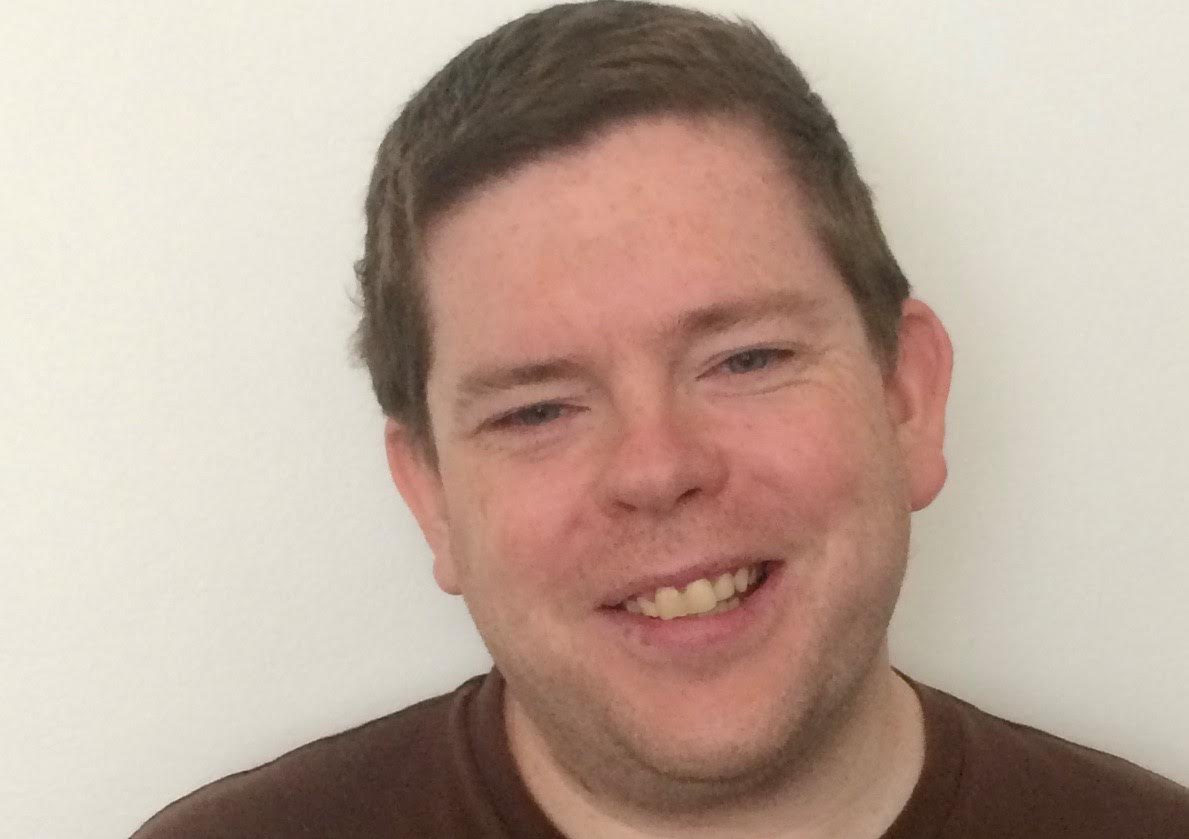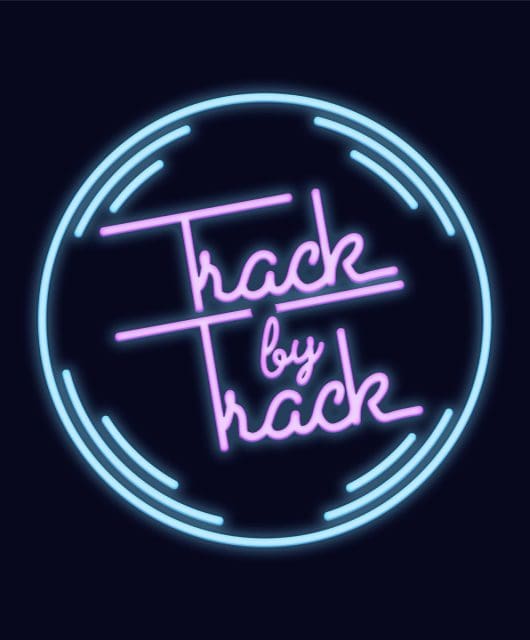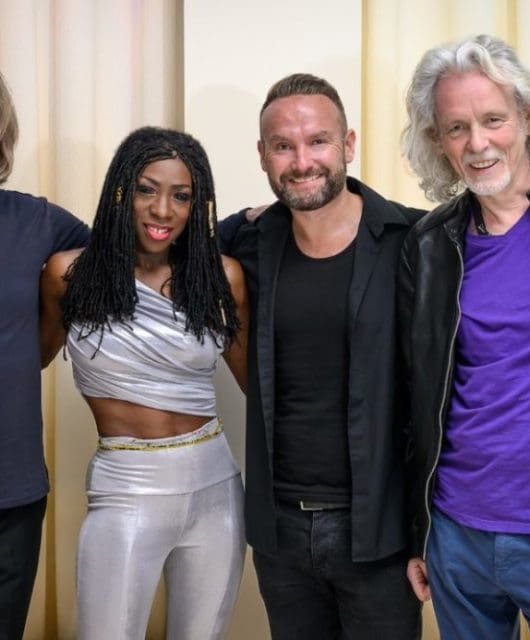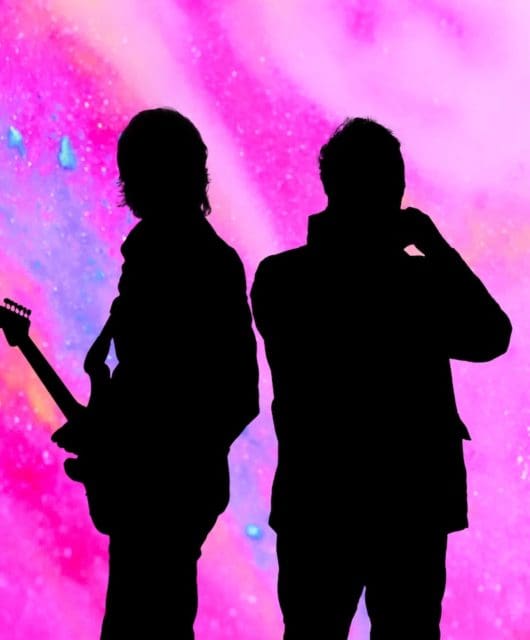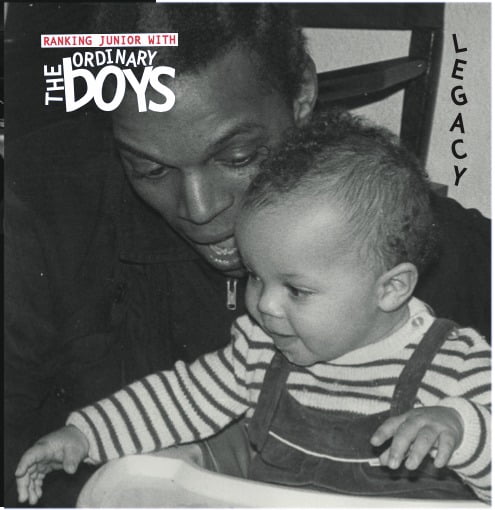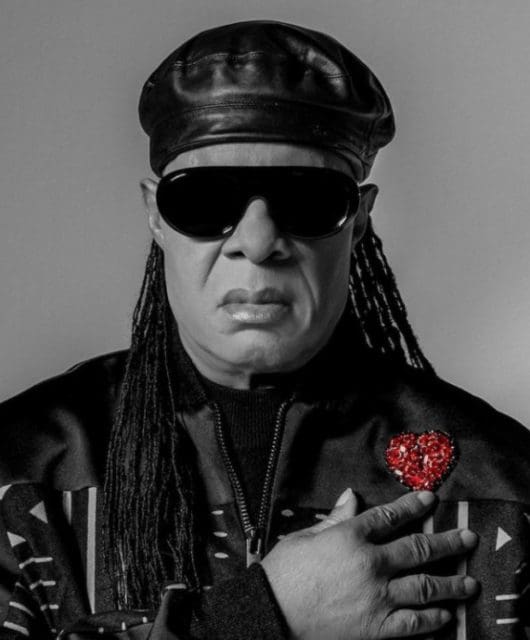Making The Orb’s Adventures Beyond The Ultraworld
By John Earls | April 8, 2022
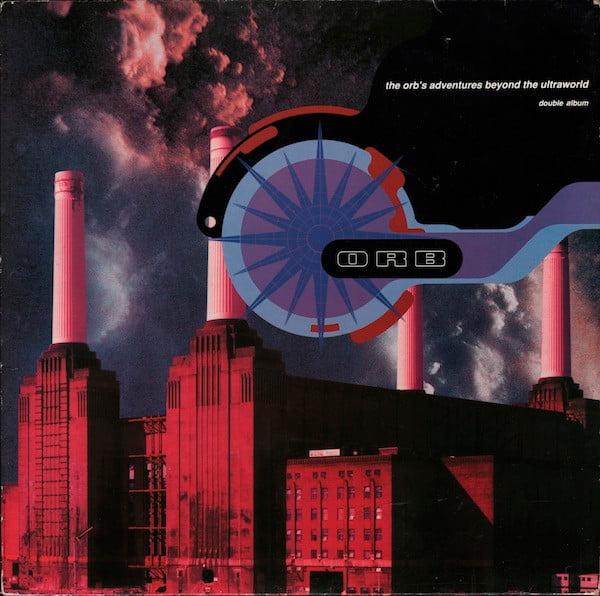
A former roadie for Killing Joke supplied what tender partygoers most needed by artfully taking the beats out of techno for The Orb’s Adventures Beyond The Ultraworld…
The idea seems so simple in retrospect: how to keep the party going once the endorphin levels wear off. The person we need to thank is Alex Paterson, one of music’s most idiosyncratic figures and the one constant in The Orb – a name which remains as much a beacon of mischief as it ever was, with 2020’s Abolition Of The Royal Familia being typical of the outfit’s high-class mayhem.
Paterson’s list of collaborators is intricate, and anyone who has lost touch since their unlikely commercial heyday is advised to explore what’s been going on since Adventures Beyond The Ultraworld became a landmark record over 30 years ago.
The Orb’s status as counter-culture operators has always remained true, and since their inception Paterson has been able to tap in to ambient culture. Open about his debt to Brian Eno’s work such as Music For Airports, Paterson joined fellow travellers such as William Orbit’s trio Torch Song in exploring what beatless ambience could achieve.
And even by the time The Orb released this 110-minute debut in 1991, it was obvious Paterson was happy to let the project become home to whoever felt like popping into the studio that month; the names of future official members Kris Weston and Thomas Fehlmann are buried in the credits, as are staple collaborators such as Steve Hillage.
It all started in the mid-70s, where Paterson attended school in Oxfordshire with Martin Glover. Glover soon become known as Killing Joke bassist Youth, whereupon he enlisted Paterson as the band’s roadie. When Youth formed pop-dance outfit Brilliant, their line-up included Jimmy Cauty and their A&R man was Bill Drummond – so as well as starting The KLF with Drummond, Cauty formed The Orb with Paterson.
Read more: Making Air’s Moon Safari
The first Orb song, Tripping On Sunshine, released on Youth’s compilation Eternity Project One, was relatively standard acid house. By now flatmates in South London, Paterson and Youth began the dub record label Wau Mr Modo, home to the first proper Orb release, Kiss EP. That was to be the last beats-heavy Orb music as the pair instead began experimenting with beatless music and dub basslines.
This new style was showcased in the chillout room of Paul Oakenfold’s weekly night, Land Of Oz at Heaven. Over the next six months in 1989, The Orb became one of the most talked-about DJ experiences (though their first break as remixers wasn’t from clubland: Dave Stewart got the duo to work on his and Prince saxophonist Candy Dulfer’s hit Lily Was Here).
Paterson and Cauty’s ultimate adventure together was the 22-minute single A Huge Ever Growing Pulsating Brain That Rules From The Centre Of The Ultraworld. Based on Minnie Ripperton’s classic Lovin’ You, copies were replaced after its first week with a soundalike singer after Ripperton’s management learned of the sample.
Soon after, Cauty left; he wanted The Orb to carry on releasing on The KLF’s label, while Paterson wanted to take an offer from veteran Wham! manager Jazz Summers’ new dance label, Big Life. Paterson kept The Orb name; Cauty removed Paterson’s contributions from their work and released it as the album Space. (They eventually reunited, working together in 2001 as Transit Kings.)
Read more: The complete guide to The KLF
Read more: Making The KLF’s The White Room
In the aftermath of Cauty’s departure, Paterson and Youth created Little Fluffy Clouds. Still regarded as the ultimate Orb song, its combination of samples – an interview of Rickie Lee Jones, plus Pat Metheny’s guitar from a Steve Reich piece, Electronic Counterpoint – was inspired, even if it was to be another three years before the single reached No.10.
Studio engineer Andy Falconer briefly became Cauty’s replacement. While his skills were integral to …Ultraworld, Falconer was never happy being in a band. Prog guitarist Steve Hillage and his partner, keyboardist Miquette Giraudy, both formerly in Gong, had been fans of The Orb’s sets at Heaven; they co-wrote Back Side Of The Moon and Supernova At The End Of The Universe.
Dub soundsystem DJ Eddie Maiden was key on catchy single Perpetual Dawn, and Pink Floyd/Roxy Music session player Guy Pratt lent his sonorous bass to Spanish Castles In Space. The most influential collaborator of all was also the most inexperienced: a protégé of Andrew Weatherall, Kris Weston was gaining acclaim as a remixer (Depeche Mode, Bananarama) when he began engineering ….Ultraworld. He was a full-time Orb by the time their follow-up album UFOrb blasted to No.1.
That was in the future. Alongside almost universal critical acclaim, …Ultraworld reached No.29 in the UK. In the US, label bosses were scared by its sprawling running time. “They didn’t get it,” fumed Paterson. “They wanted three-minute versions of all the songs, which was just silly. I told them to take songs off altogether instead.”
Excised of songs including Spanish Castles In Space, with 40 minutes cut, the album was much less satisfying. It was released properly several years later, but by then The Orb had mutated several times… and the ultraworld has been in flux ever since.
